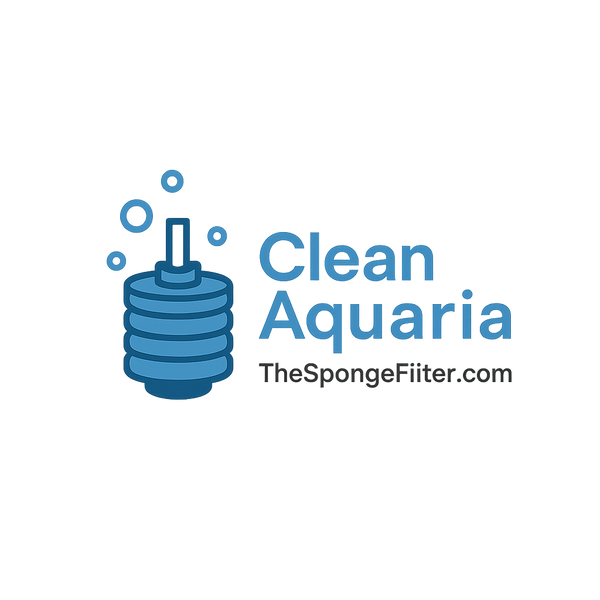FAQ: Everything You Need to Know About Aquarium Sponge Filters
Share

Aquarium sponge filters are a popular choice among aquarists for their simplicity, cost-effectiveness, and biological filtration capabilities. Whether you’re new to fishkeeping or a seasoned expert, this FAQ will guide you through the essential aspects of sponge filters and help you make informed decisions.
What is a Sponge Filter?
A sponge filter is a type of aquarium filter that uses a sponge as the primary filtration medium. It provides mechanical and biological filtration by trapping debris in the sponge pores and fostering beneficial bacterial colonies that help in breaking down harmful ammonia and nitrites.
Why Choose a Sponge Filter?
Sponge filters are ideal for aquariums that house small or delicate species, such as fry or shrimp, because they provide gentle filtration without causing injury. They are also great for breeding tanks as they do not suck up tiny creatures.
How Does a Sponge Filter Work?
A sponge filter operates using air to create a continuous flow of water through the sponge. This movement pulls water through the sponge, capturing debris and offering a surface for beneficial bacteria to grow. An air pump is typically required to drive this function.
What are the Advantages of Using a Sponge Filter?
- Cost-Effective: Sponge filters are generally less expensive compared to other types of filters.
- Low Maintenance: Easy to clean and maintain by simply rinsing the sponge in aquarium water.
- Safe for All Fish: Gentle filtration ideal for small and sensitive aquatic creatures.
- Oxygenation: Enhances oxygen levels due to the increased surface agitation.
Which Sponge Filter Should I Choose?
Choosing the right sponge filter depends on the size of your aquarium. For smaller tanks (up to 20 gallons), the AQ-20C is a suitable option. For medium-sized aquariums (up to 40 gallons), consider the AQ-40R or AQ-40H. If you have a larger setup (up to 100 gallons), the AQ-100H is recommended.
How Do I Maintain a Sponge Filter?
Maintaining a sponge filter involves periodically rinsing the sponge in a bucket of aquarium water to remove accumulated debris. This is important to maintain effective filtration without disrupting the beneficial bacteria colonies.
Are There Any Drawbacks?
The primary limitations of sponge filters include their less effective chemical filtration capabilities. However, this can be managed by pairing the sponge filter with other types of filters for optimal tank cleanliness.
Conclusion
Sponge filters are an excellent choice for aquarists looking for a reliable and uncomplicated filtration solution. By understanding their function, advantages, and maintenance requirements, you can ensure a healthy and thriving aquarium environment. Visit The Sponge Filter for a selection of sponge filters to meet your aquarium’s needs.

